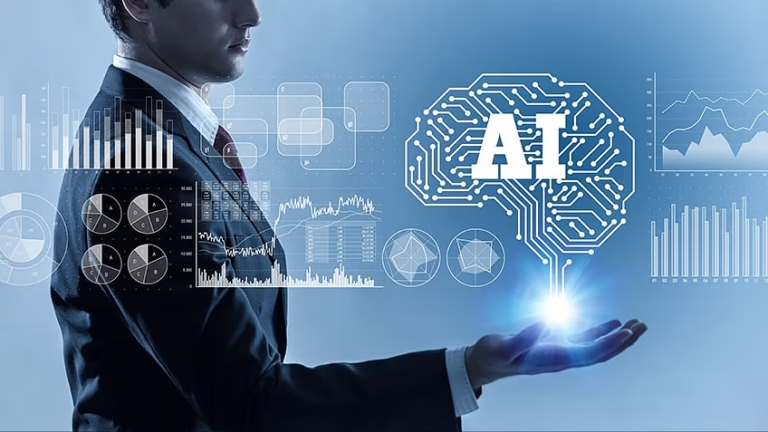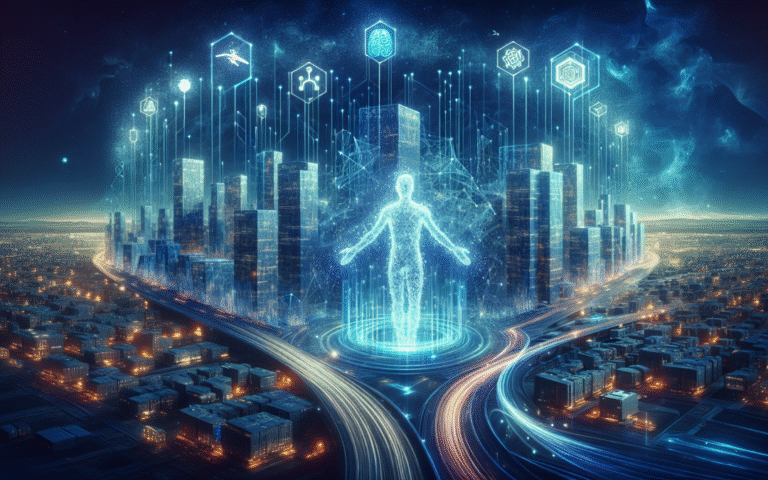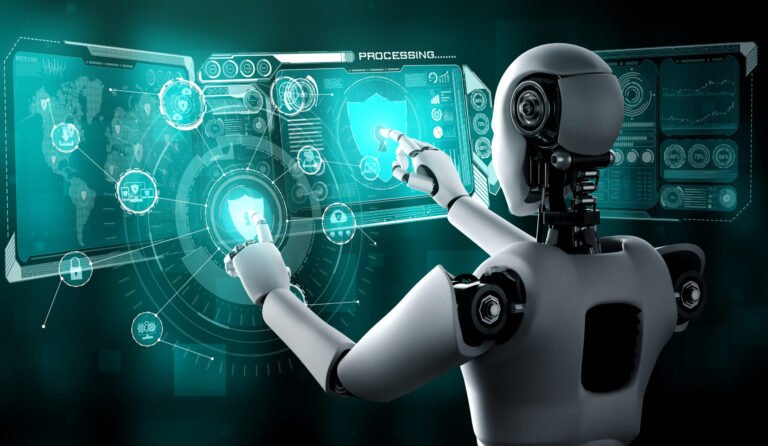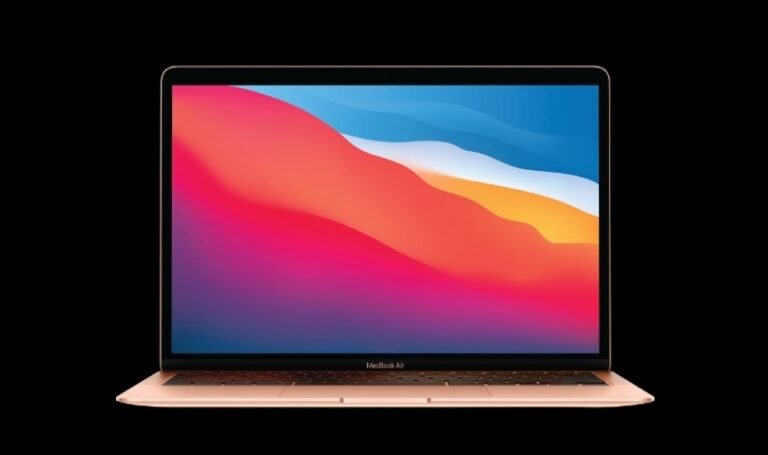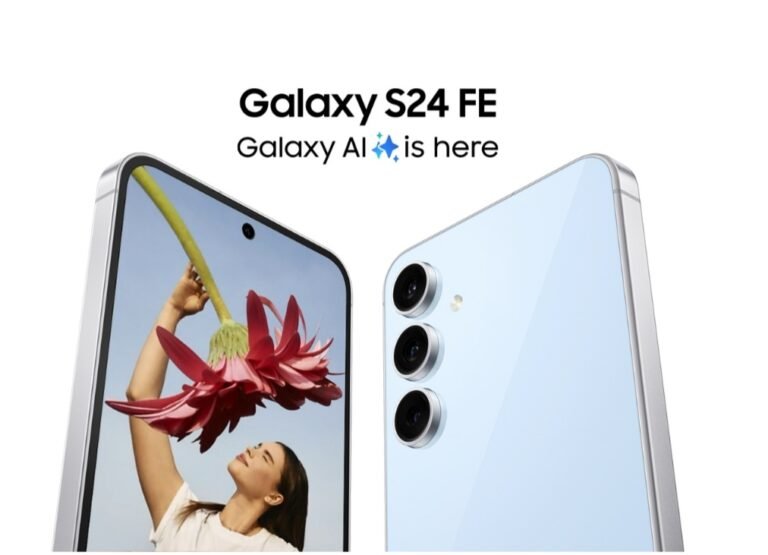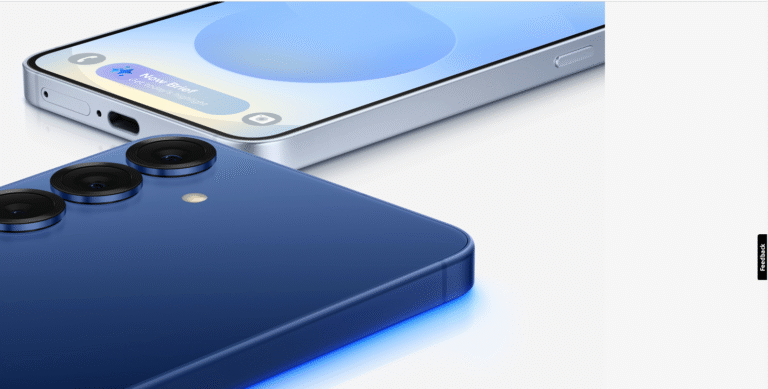Let’s be real—when most people hear the word AI, they picture some flashy robot, or maybe a scene from a sci-fi movie where machines take over. But honestly? That’s not the world we’re stepping into.
The real AI revolution isn’t loud. It’s subtle. It’s already blending into our everyday lives—helping, learning, adapting—without making a big deal about it. And whether we’re ready or not, it’s about to become a whole lot more personal.
So let’s talk about what this actually looks like. Not in theory. But in real, day-to-day life.
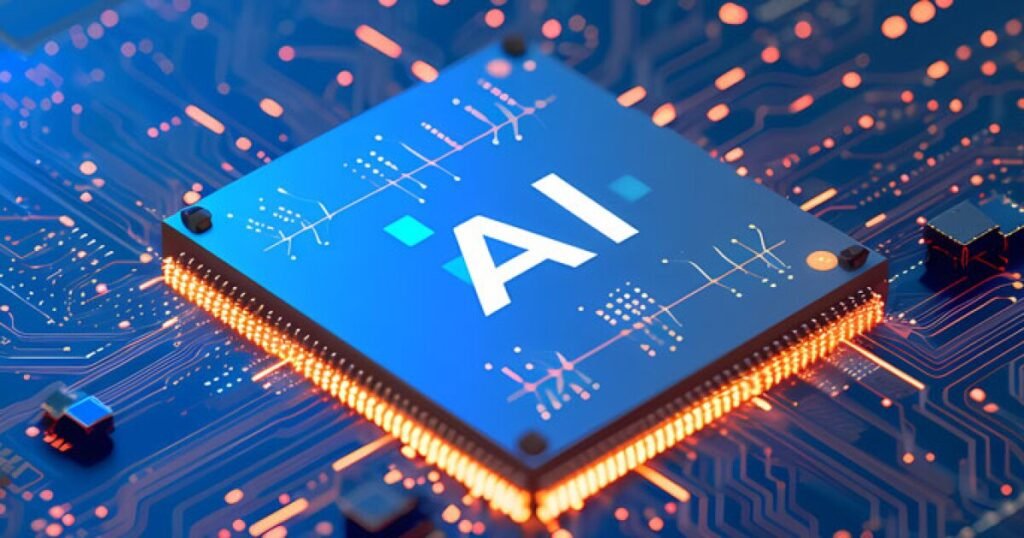
Your Home Is About to Know You Better Than You Know Yourself
Waking up to an alarm is fine. But waking up to your curtains pulling themselves open, your lights gently turning on, and your favorite playlist starting? That’s next-level.
And no, that’s not just a fancy YouTube ad—it’s becoming real.
Smart homes are evolving quickly. Right now, voice assistants like Alexa and Google Assistant can handle the basics. But soon, your home will start predicting your needs. Forgot to switch off the geyser? It’ll do it for you. Running low on eggs? Your fridge might send a ping to your grocery app. A bit much? Maybe. Super convenient? Definitely.
The idea is simple: your home won’t just follow commands—it’ll learn your habits. And honestly, who wouldn’t want that kind of backup?
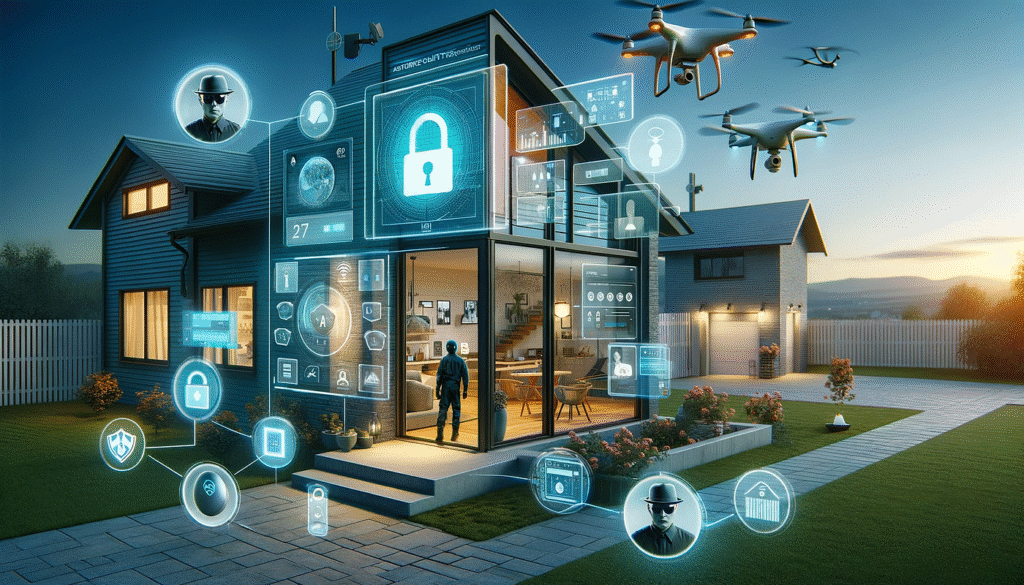
AI at Work: Less Boring Tasks, More Actual Work
Let’s face it—most of us waste way too much time on stuff like emails, formatting, and meetings that could’ve been an email. AI is fixing that.
If you’ve used tools like Grammarly, Notion AI, or ChatGPT (yes, like this one), you already know what I mean. These tools help cut the clutter, organize thoughts, and even write full reports or code snippets.
But this is just the beginning.
Soon, you might have an AI assistant that knows how you like to work. It could book meetings when you’re most productive, remind you to take breaks (because let’s be honest, we forget), or even give you a nudge when you’re veering off track.
It won’t replace your job. It’ll just take care of the boring bits so you can actually focus on the good stuff.

Health + AI = A Game Changer
This part blows my mind.
Imagine your smartwatch noticing that your heart rate’s been weird lately. Nothing dramatic—just a tiny shift you wouldn’t catch. But your device picks it up, cross-checks it with sleep data, maybe even diet patterns, and quietly suggests a check-up.
That’s not sci-fi. That’s what AI in healthcare is building toward.
Already, AI is helping doctors catch diseases earlier, plan surgeries more accurately, and even design new medications. In the future, your wearable might catch signs of anxiety, depression, or illness before you even notice something’s off.
It’s weirdly comforting, knowing tech could have your back like that.

Personalized Everything: Finally, It’s All About You
Here’s the truth: We all secretly love it when things are tailored to us.
When Netflix just gets what you want to watch, when Spotify drops a playlist that feels custom-made for your mood—that’s AI doing its thing.
Now imagine that level of personalization everywhere.
Learning a new skill? AI will figure out your learning style and pace, then adjust the material. Shopping online? It’ll recommend clothes that actually match your body type, your budget, and the weather in your city.
The point is, everything’s moving toward “made for you.” No more one-size-fits-all. It’s about time, right?
Self-Driving Cars & Smarter Streets
This one’s been hyped for a while—but it’s finally getting real.
Tesla, Waymo, and a bunch of other companies are testing fully self-driving cars. They’re not perfect yet, but they’re getting closer every year. Soon, you might hop into a cab with no driver, chill with your coffee, and let the car handle the rest.
But even before that becomes normal, AI is already improving traffic systems, predicting traffic jams, and helping public transport run more smoothly.
It’s not just cool—it could actually save lives by reducing accidents caused by human error.
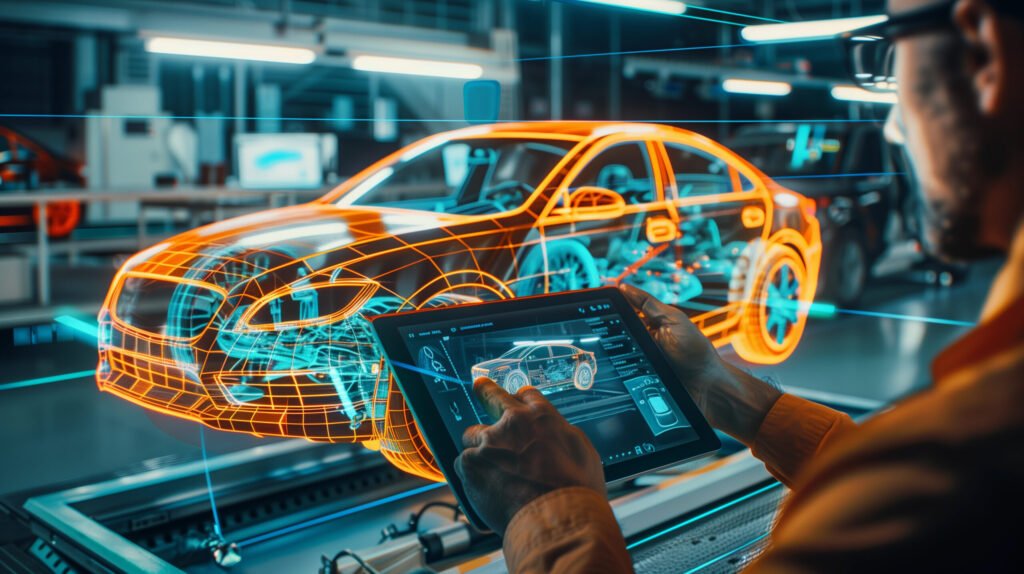
Hold On—Isn’t All This a Little… Creepy?
Okay, let’s address the elephant in the room.
Yes, it’s a little weird knowing that machines are learning our behavior, collecting data, and making decisions. And yes, there are serious concerns—privacy, job loss, AI bias, and even misinformation (hello, deepfakes).
That’s why conversations around ethical AI are so important. This stuff can’t be left on autopilot. We need transparency, control, and proper boundaries.
The goal isn’t to hand over our lives to machines. It’s to use AI as a tool—one that helps us live better, not just faster.
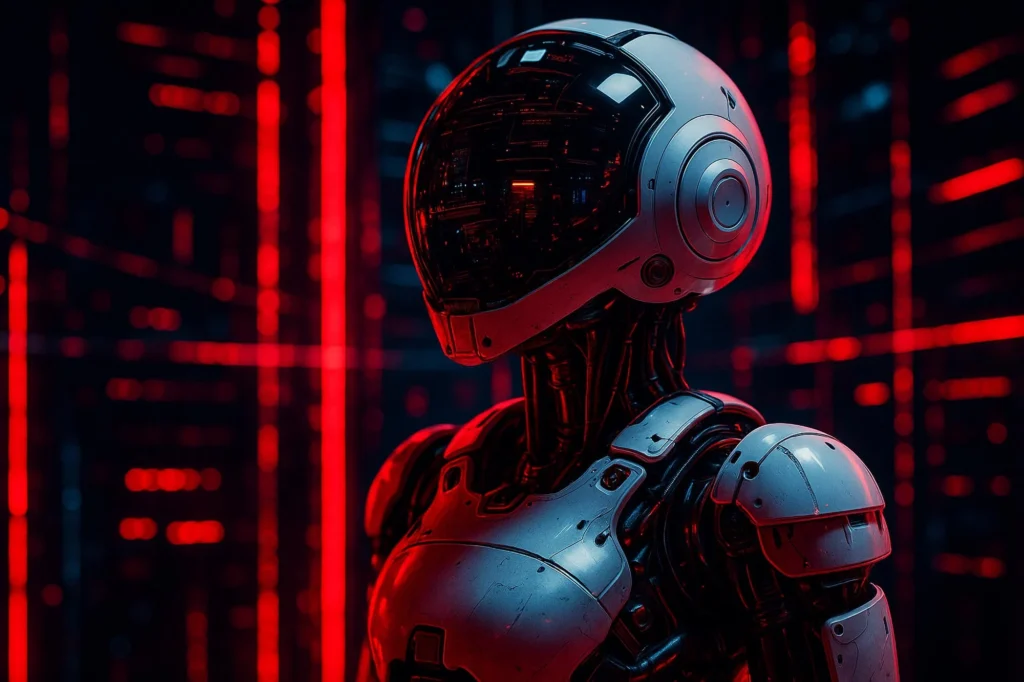
So… What Should You Do?
Don’t panic. Don’t ignore it either.
Start by paying attention. Try a few AI tools. Learn how they work. See how they fit into your daily routine. You don’t need to be a tech wizard to get the hang of it.
This shift is happening with or without us. But the cool part? We get to decide how we use it.
AI isn’t the future.
It’s the present.
And the sooner we learn how to work with it instead of fearing it, the better our everyday lives will get.
